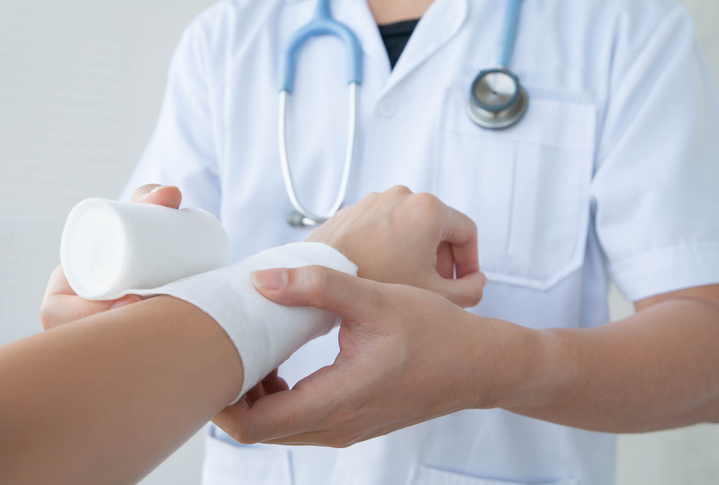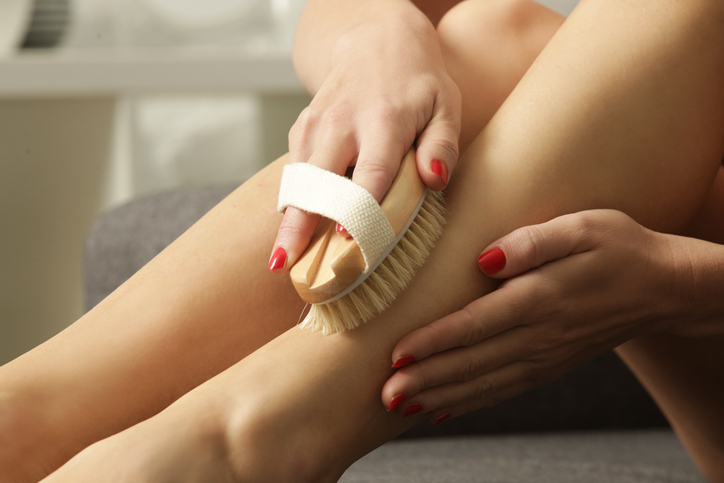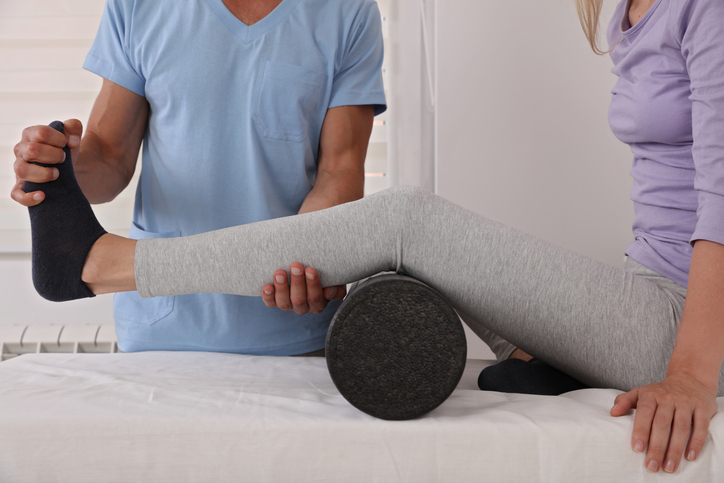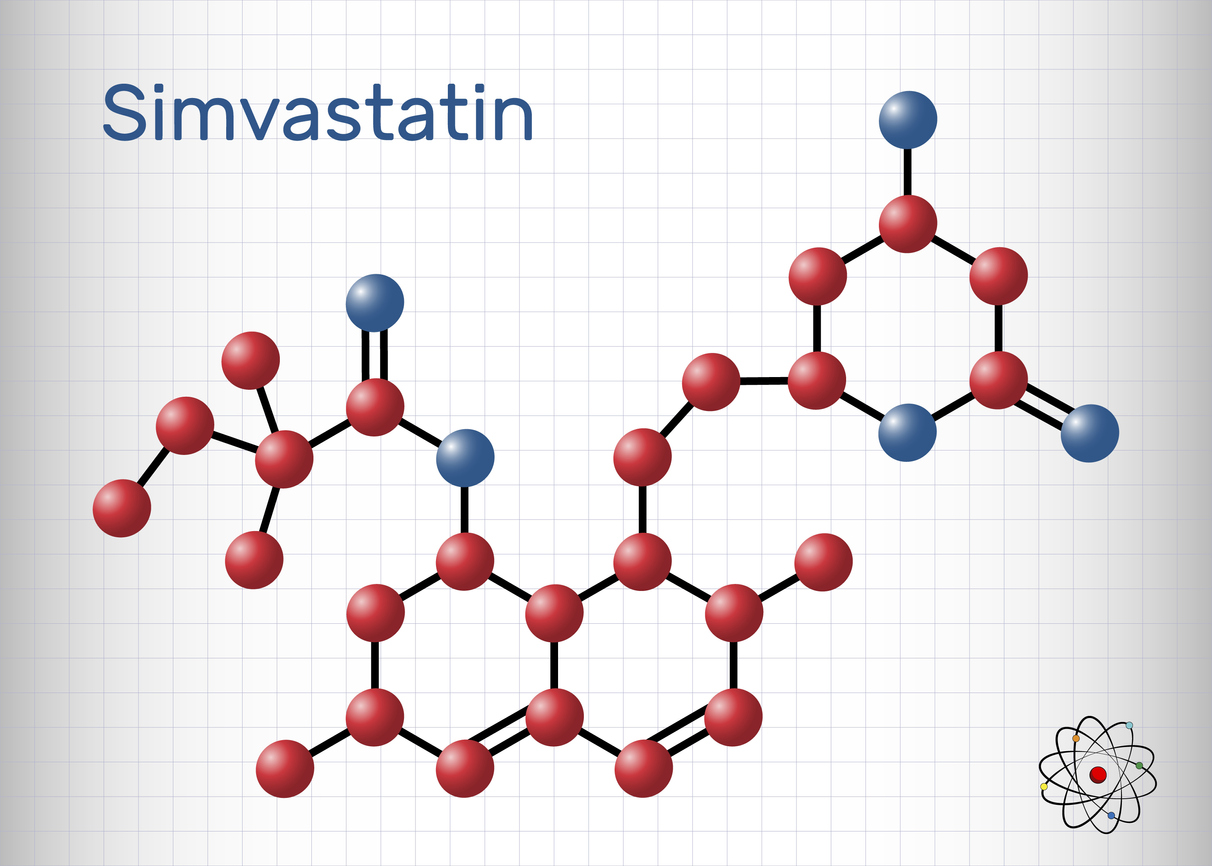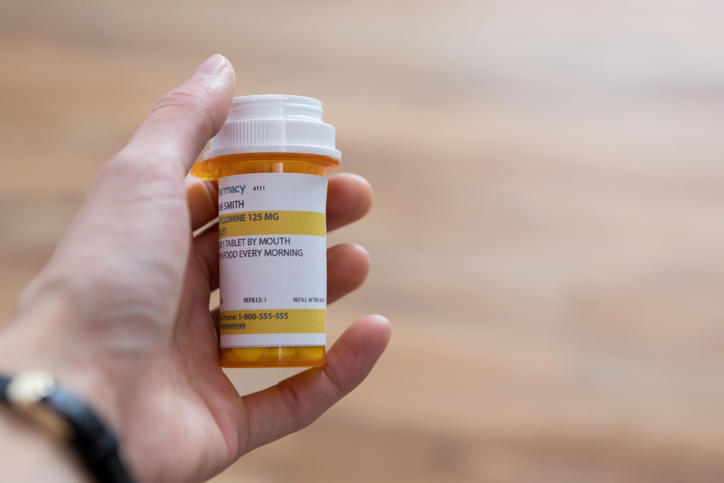Pain
10 Most Frequently Asked Questions About CRPS

1. What is CRPS?
CRPS stands for Complex Regional Pain Syndrome. It may also be referred to as Reflex Sympathetic Dystrophy Syndrome. It is a chronic pain condition. Chronic pain means lasting 6 months or more. With CRPS, your nerves are affected, sending pain signals to the brain without an easy to diagnose cause. It may be caused by a malfunction in your central or peripheral nervous systems.
2. Is Excessive Sweating a Symptom of CRPS?
Yes, many people who have CRPS have issues with sweating. This includes sweating too much or not sweating at all. It is very common to have both extremes come and go when you are diagnosed with CRPS.
3. I am Experiencing Memory Problems. Is this a Symptom of CRPS?
Yes, many people with CRPS experience forgetfulness, cognitive impairment, and memory issues.
4. Will CRPS Spread to Other Parts of the Body?
While it is not guaranteed, it is common for CRPS to spread in many cases. If CRPS does spread, it is usually to nearby areas. For example, if you have CRPS in your arm, it may spread to your hand or shoulder. If you have pain in your leg, it may spread to your foot or buttocks.
5. Will CRPS Go Away on its Own?
Unfortunately, CRPS will not simply go away. This is why early diagnosis and treatment is critical. In some cases, people can go undiagnosed with CRPS for years; if there is a possibility that a person may have CRPS, going to see a doctor is imperative.
6. Is CRPS a Life Long Disease?
There is no universal answer to this question. There are a variety of factors that may contribute to whether CRPS goes into remission or if a person will experience the symptoms for their entire life Chances may increase that a person achieves remission by having CRPS diagnosed by an expert as soon as symptoms are noticed.
7. Will Ice Help Alleviate the Pain?
In general, it is NOT recommended for those experiencing CRPS to use ice or hot and cold contrast therapy.
8. How Do I Find the Right Doctor?
It will be important to find a clinic that specializes or has a successful history or treating CRPS. Ask a primary care physician to provide a referral for a pain specialist who treats CRPS on a regular basis.
9. Can CRPS Be Treated with Medication?
Yes, there a variety of medications that can help with the pain that is experienced from CRPS. Since one medication is not necessarily better than the other, it will be important to get a proper diagnosis from a doctor.
10. Will a Nerve Block Help with CRPS?
Yes, nerve blocks have been shown to be successful in treating CRPS; however, they may not consistently work. An individual's response to treatment depends on the person and the variables surrounding their specific case of CRPS.




